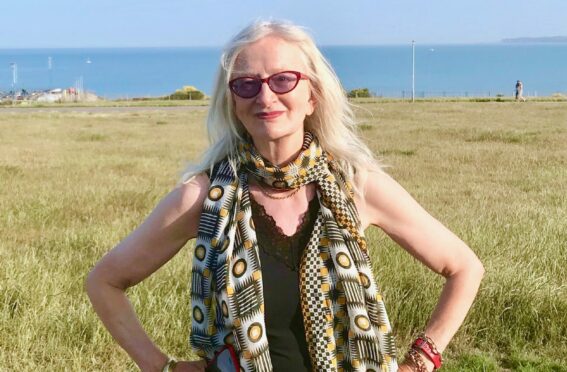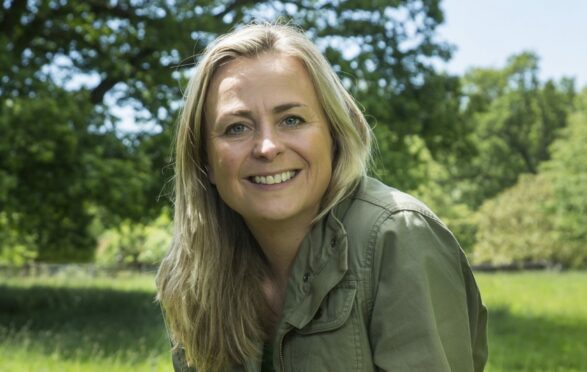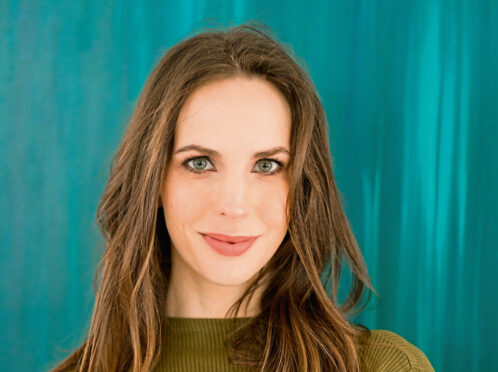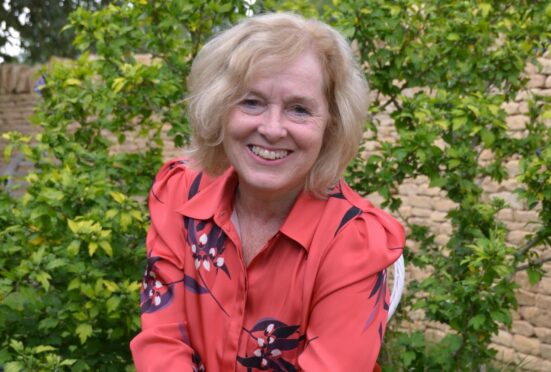
Author Maggie Gee is marking milestones this spring with the publication of her 17th novel, The Red Children, and the 20th anniversary edition of her acclaimed work on racism in Britain, The White Family, with a special introduction by Bernardine Evaristo.
In it, Evaristo – the first British black person to win the Booker Prize – pays fitting tribute to “fearless” Gee’s “inspiring, risk-taking, compassionate and compelling writing”. The White Family – borne out of the 1993 murder of Stephen Lawrence and shortlisted for the Orange Prize and the International IMPAC Dublin Literary Award – is, she says “a powerful and important book that was way ahead of its time”.
If Gee’s masterpiece was avant-garde, then The Red Children is the zeitgeist of our time. With millions fleeing war-ravaged Ukraine, this “exploration of opening homes and borders” is a celebration of human kindness and the commonalities that bind us; a fable woven with humanity, humour, and hope.
Gee tells P.S: “In a time of war and with what is seen as a refugee crisis, The Red Children reminds us how the British are a population that’s evolved through millennia of migration. ‘Love ye therefore the stranger’, as a Christian character thinks.”
Set in 2030 in a world in crisis, The Red Children opens in the novelist’s coastal hometown of Ramsgate where four people who don’t look quite human are found sitting, naked on the quay. Soon Red people appear everywhere, making friends, going into the caves, liked by some but accused of bringing infection by others. They are Neanderthals, climate change refugees of 35,000 years ago, fleeing global warming for better, safer shores.
Gee’s new book – subtitled Likeness – shines a light on how we are all part of the same human race or family. She points out: “We share about 90% of our DNA with other humans” and that we also share genes with the Neanderthals. Like her other novels, the book uses scientific research and explores migration, racism, declining fertility rates and the relationship between humans and non-human animals.
“The book was pure serendipity,” says Gee, who was awarded the OBE for services to literature in 2012. She explains that its seeds were sewn during a visit a few years ago with her author husband Nicholas Rankin to Gibraltar where she was surprised to learn the first Neanderthal – a female – was discovered. The Professor of Creative Writing at Bath Spa University who with Rankin has a 35-year-old daughter, Dreamland author Rosa Rankin-Gee, says she had “the great luck” to meet some academics on Gibraltar who arranged for her to visit its Neanderthal caves.
Discoveries about their lives “transformed” preconceptions that were unintelligent and uncivilised. She says: “Their brains were larger than ours. They cooked, they wore clothing and had social lives.”
They became the inspiration for the Red people, who in Gee’s fable survived in the caves under Gibraltar until global warming forced them north and to Ramsgate. “In my novel, the people of Ramsgate get to know and welcome the new arrivals, despite initial anxieties,” says Gee. “We discover we can learn things from the newcomers, like laughter and mathematics, and slowly grow to love them. The book ends with a great midsummer carnival to which all the new arrivals are invited. It’s my utopia – and we certainly need it now.”
Maggie Gee – The Red Children, Telegram, £14.99

Enjoy the convenience of having The Sunday Post delivered as a digital ePaper straight to your smartphone, tablet or computer.
Subscribe for only £5.49 a month and enjoy all the benefits of the printed paper as a digital replica.
Subscribe

